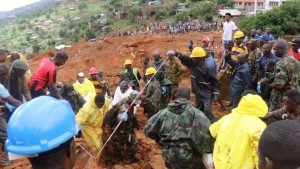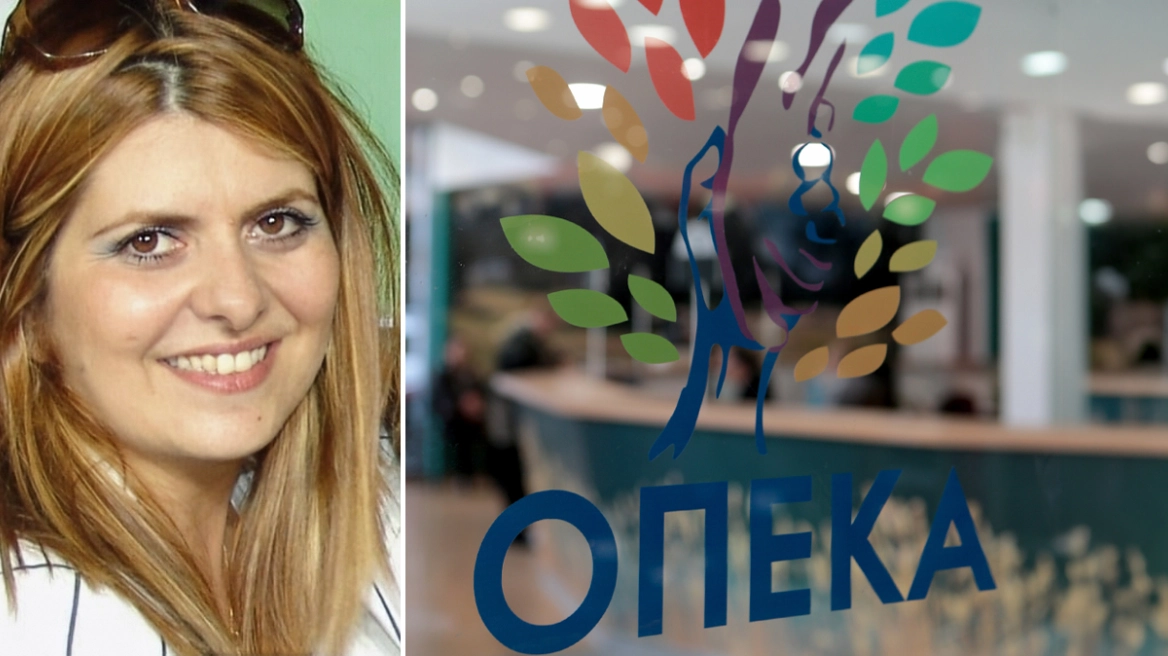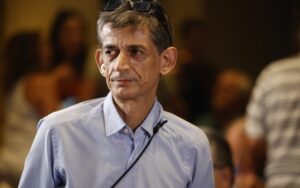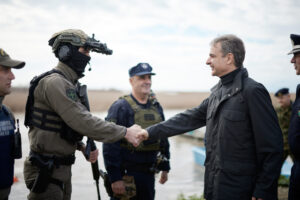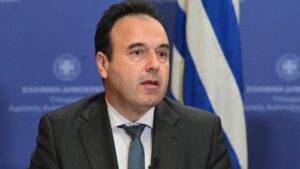Sierra Leone’s president has appealed for urgent help to support the thousands of people affected by a devastating mudslide on the outskirts of the country’s capital.
A national emergency has been declared after the city suffered heavy flooding, thought to be the worst in Africa over the past two decades. Freetown’s mayor, Sam Gibson, said 270 corpses had been recovered and were “being prepared for burial”, while the chief coroner told Reuters that nearly 400 bodies had been found. Estimates of the numbers missing vary: the Red Cross reported that 600 people have not been traced, while the country’s interior minister has said thousands are unaccounted for.
At least a hundred houses were hit when a hillside in Regent, a mountainous town 15 miles east of Freetown, collapsed in the early hours of Monday morning.
Search and rescue efforts have continued throughout Tuesday, hampered by the country’s dangerous terrain and the sheer scale of the tragedy. The mudslide, which trapped residents while they were sleeping, is thought to have travelled for two miles.
Addressing the media, president Ernest Bai Koroma said the devastation “was overwhelming us”. “Entire communities have been wiped out,” Koroma said. “We need urgent support now.”
Linnea Van Wagenen, working for the UN in Sierra Leone, said: “We have the mountains and very steep hillsides. [It’s very hard to] access these areas, where it’s muddy, it’s slippery – there’s a risk of a second landslide. We’re not sure how this massive landslide has affected the ground around it.” She added that the chances of finding survivors on Tuesday was low.
The UN is using satellite data, radar imagery and drone mapping to assess which areas may be at risk of a second mudslide or further flooding. The country is not yet halfway through the rainy season, Van Wagenen said.
“Last year the heavy rains came in September, so we want to make sure we do analysis of communities that are at risk now and [see how we can] prevent the risk of something like this continuing to happen.”
Sierra Leone is prone to flooding, but it was not prepared for a disaster of this magnitude, said Daniel Byrne, monitoring and evaluation officer for Oxfam in Sierra Leone. “This particular emergency is unique because the total number of survivors is not that high compared with the people who have died. No one was expecting a situation like this. People are using their bare hands to remove bodies.”
Issatu Koroma, from Regent, is among the hundreds of people to have lost relatives and their homes in the mudslide. Both her son and nephew are missing, she said on Monday. “Everything is gone. We’ve lost everything – our house, everything. The mud came down with the water so fast and my son did not escape. We found him lying in the mud. He was just a boy. They took his body with the others to I don’t know where. God help Sierra Leone. Why are we cursed? What are we supposed to do now, with nothing?”
Abibatu Kamara, a mother of three who spent the night on her neighbours’ veranda, said so far any government response had been absent. “We have not received any food or blankets since the disaster occurred yesterday,” she told Agence France-Presse.
Kayode Akintola, Cafod’s country representative for Sierra Leone, said bodies are lining some of the capital’s streets: “Things are really bad on the ground. Just a few minutes’ walk from our office a bridge has been submerged. There are dead bodies in the water and littering some of the streets, and houses are still under water.
“We are working with our local partners to assess what support we can provide. The immediate need of people affected are water and food, meanwhile thousands of families who have lost their homes need shelter, and there are also serious health concerns.
Gaston Slanwa, Tearfund’s Country Representative for Sierra Leone, added that 60 people have died in one church community alone. “I drove around Freetown yesterday and saw several houses had disappeared, roads completely gone. On one bridge I saw two people who were already dead being pulled out of the water. In just one of the church communities we work with, 60 people have died and 300 have lost their homes. One of the churches was hit by the mudslide.”
Many of the 3,000 people left homeless spent last night in neighbouring homes that had survived the tragedy. Others were taken to a nearby police station for shelter.
Ishmael Tarawali, head of the Office of National Security, said that burials of identified bodies will begin immediately. “The hospital mortuary is overwhelmed right now and it is really our only option,” he said. Body bags are being donated by charities and NGOs.
“We’re hoping to organise as well as we can to get every last person identified, but it’s a complicated process,” he said. In some cases entire families have been killed, and the condition of the bodies is also making it difficult to identify victims.
The Red Cross and the government have been moving bodies to a holding centre at Connaught hospital in Freetown.
Alex Carle, director of international programmes at the British Red Cross, said the death toll is likely to rise, adding: “The spread of diseases such as cholera, typhoid and diarrhoea following flooding is also a huge concern.” The city’s drainage system has been overloaded by the torrential rains, leaving stagnant water in some areas.
Sorie Bangura, whose family is safe, was among the residents helping the rescue operation on Monday. “We’ve been trying to dig people out all day but it’s no use – just not enough volunteers. Some houses are so buried it would take machinery to dig them up,” he said on Monday.
“There are dead everywhere and people don’t know where to go. There are only so many houses still standing, and we can’t take in everybody. What we need is help from the international community. People need shelter, clothes, anything. This is the rainy season and it might only get worse. There must be a way to stop this from happening but nobody seems to know how. I’m scared for my life because it could be my family next.”
Richard Miller, ActionAid’s humanitarian director, said he feared the situation could get worse.
“There are signs of continuing rainfall and hanging debris from the mudslide,” he said. “ActionAid is planning an immediate humanitarian response in the worst-hit areas. Thousands of people’s homes have been swept away and their businesses and crops destroyed.
“Our local aid workers in Sierra Leone are telling us that they are especially concerned for the welfare and safety of girls and women, who are the most vulnerable at this time. Many children have been made homeless and are in immediate need of shelter and protection,” he said.
According to Agence France-Presse, Sierra Leone’s meteorological department issued no warning ahead of the torrential rains, which might have allowed for swifter evacuations from the disaster zones.
Priti Patel, the international development secretary, said in a statement that the UK is ready to provide support. “We have pre-positioned vital aid supplies and helped prepare the country’s response to disasters. We are already working with the government of Sierra Leone to coordinate the rescue efforts and are ready to provide further assistance to those in need.”
Ask me anything
Explore related questions
